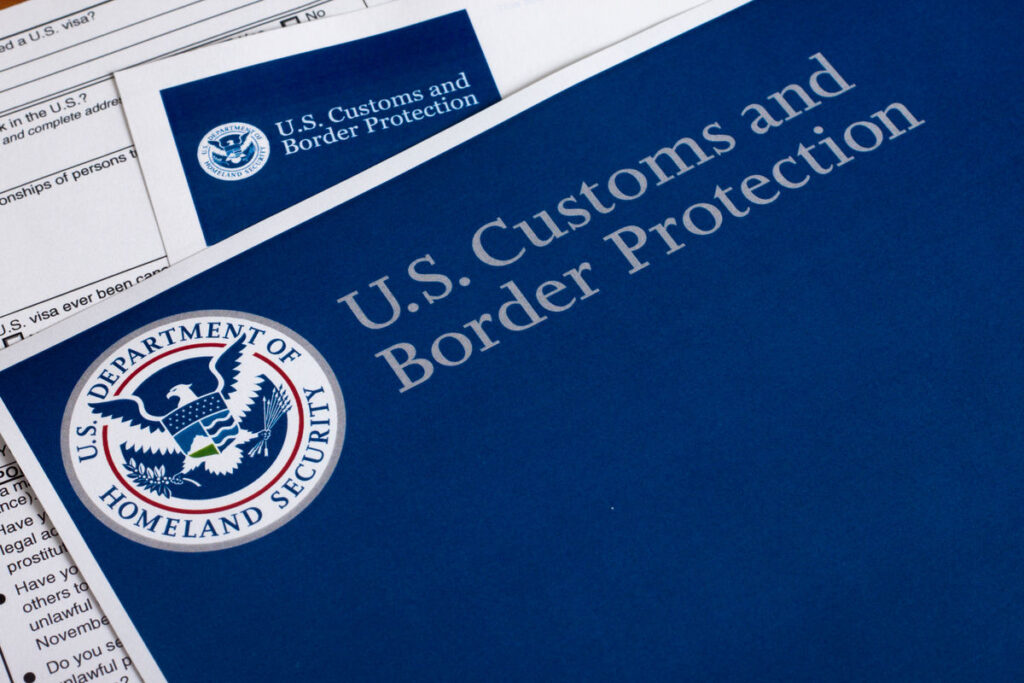
The United States is preparing to implement one of the steepest visa fees worldwide for tourists interested in visiting this country, along with business visitors.
Passage of President Trump’s One Big Beautiful Bill Act brought with it the adoption of a new “visa integrity fee” that will cost about $250 to start.
The fee is a new fee that will be charged on top of all existing US entry fees and will apply to all visitors who need a nonimmigrant visa to enter the United States. That includes tourists, business travelers and international students. The cost for the fee is not eligible to be waived, according to CNBC.
There’s very little additional information available about the new fee at this point. Key details about how the fee might be implemented and where it would be paid have yet to be released. It also remains unclear when the new fee will actually start, as a date has not been released.
A spokesperson for U.S. Travel Association told CNBC that there are significant unanswered questions about the new fee.
The association also shared a statement with TravelPulse, calling the new fee a “giant leap backwards” for U.S. tourism.
“The
reconciliation bill makes historic investments to modernize customs and
air traffic control but takes a giant leap backwards by creating a new
visa integrity fee,” U.S. Travel Association Senior Vice President of Government Relations Erik Hansen said in a statement.
“This fee, which will be at least $250 and comes on top of existing visa fees, adds an unnecessary financial barrier for international visitors,” added Hansen. “Among the top deterrents to visiting the U.S. are cost and visa wait times. And the new visa integrity fee increases the upfront costs of visiting the U.S. 144%, while doing nothing to lower interview wait times.”
Here’s what we know so far about the new fee.
Visa Integrity Fee: Limited initial details
Named the “visa integrity fee,” this added cost for visitors to the United States will be at least $250 for the fiscal year 2025, which ends September 30, 2025. Moving forward the secretary of Homeland Security will be free to increase the fee, according to the bill that just passed. The fee will also be adjusted for inflation periodically.
The fee would need to be paid once a visa is issued, meaning if a visa request is denied the fee would not have to be paid.
It’s also important to note that this new fee does not replace the existing fees that the U.S. already charges. It will be “in addition” to other fees.
“For example, an H-1B worker already paying a $205 application fee may now expect to pay a total of $455 once this fee is in place,” Steven A. Brown, partner with Houston-based immigration law firm Reddy Neumann Brown PC, wrote in a post, according to CNBC.
Also noteworthy, the new fee must be paid in addition to the existing “Form I-94 fee,” the cost of which was raised as part of the passage of One Big Beautiful Bill Act.
The I-94 fee has been hiked from $6 to $24 and must be paid by those who are required to submit a Form I-94 arrival and departure record. According to CNBC, that requirement applies to most travelers who visit the United States.
Initial travel industry reaction to new fee
Tourist or standard visitor visa entry fees for other countries around the world range from $100 to visit Canada to $145 in Australia on average, according to the World Passports website.
Bhutan, which long had one of the steepest entry fees worldwide of $200, now charges $100 to visit the country. And even that reduced fee is widely considered to be pricey.
Initial travel industry reaction in the United States to the costly new U.S. fee was not supportive at a time when visitation to the U.S. is already declining.
“At a time when the U.S. should be focused on attracting more
international visitors, especially ahead of global events like the World
Cup and Summer Olympics, burdening them with higher fees and reducing
funding for Brand USA is counterproductive,” said Hansen of the fee. “We need smarter policies
that enhance our global competitiveness, not ones that make the U.S. a
less welcoming destination.”
Intrepid Travel President, The Americas, Leigh Barnes, said such fees are often counterproductive.
“At Intrepid, we believe travel should break down barriers, not
build them,” Barnes told TravelPulse when reached for comment. “Policies like the new Visa Integrity Fee risk making the
U.S. less accessible to diverse travelers, particularly those for whom
cost is already a barrier. Inclusive, affordable travel is essential for
fostering global understanding and cultural exchange—and we hope
policymakers consider the broader impact on the communities and
connections that tourism helps create. Intrepid is stepping up to this
fight.”
Hawai‘i-based DMC The Coconut Traveler offered similar feedback, pointing out that amid the existing drop in visitors to the United States, a new fee to pay may hurt the U.S. travel industry even more. Especially at a time when the cost of living is increasing globally.
“We’ve already seen a noticeable decline in international interest in the islands,” Debbie Misajon, founder of The Coconut Traveler, told TravelPulse. “While I’ve long supported increasing local government-imposed tourism fees to better steward Hawai‘i for both residents and visitors, now may not be the right time for a national blanket increase.”
For the latest travel news, updates and deals, subscribe to the daily TravelPulse newsletter.

